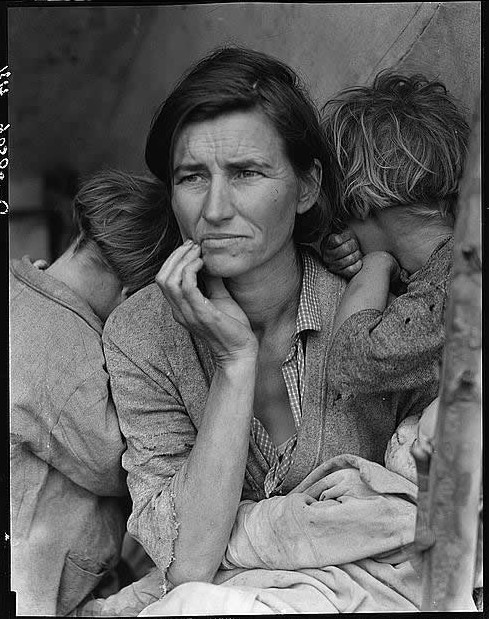Program Overview

Description
Liberty and Justice: We all believe in those ideals, but what do they really mean? How should our political system reflect them? The United States is deeply conflicted over those questions. These conflicts stem from conflicts over distinct and conflicting political philosophies. Yet all of these philosophies have strong intuitive appeal within this nation. This is no accident, for our history is characterized by persistent conflicts over political principles.
We will study a range of contemporary theories of political philosophy, largely through reading a challenging yet analytically clear text of political philosophy. We will also study different periods of U.S. history and examine historical works of political philosophy in order to better understand why different political principles are appealing to contemporary Americans.
In doing this work, we will pay attention to the connections between historical explanations and philosophical justifications. We will also pay attention to the practical contemporary relevance of both historical political conflicts and philosophical theories. To that end, students will also do independent research so as to reveal how conflicting political philosophies are deployed in specific political issues.
Credit will be awarded in political philosophy and United States history.
Class Meetings will include some or all of the following activities: lectures, conceptual workshops, and text seminars.
Required Work for the program will include:
• full participation in the activities of each class meeting
• weekly brief response papers
• a final 10-page research paper
• mainenance of a program portfolio
• a transcript self-evaluation and evaluation conference ( Note: Conferences will only be held during evaluation week)
Texts:
Dawley, Alan, Struggles for Justice
Foner, Eric, A Short History of Reconstruction
Kymlicka, Will, Contemporary Political Philosophy , 2 nd edition
Wood, Gordon, The Radicalism of the American Revolution
Selections from John Locke, Jean-Jacques Rousseau, Karl Marx, Frederick Douglass, and others will be placed on reserve in the library as well as accessible here on this site.